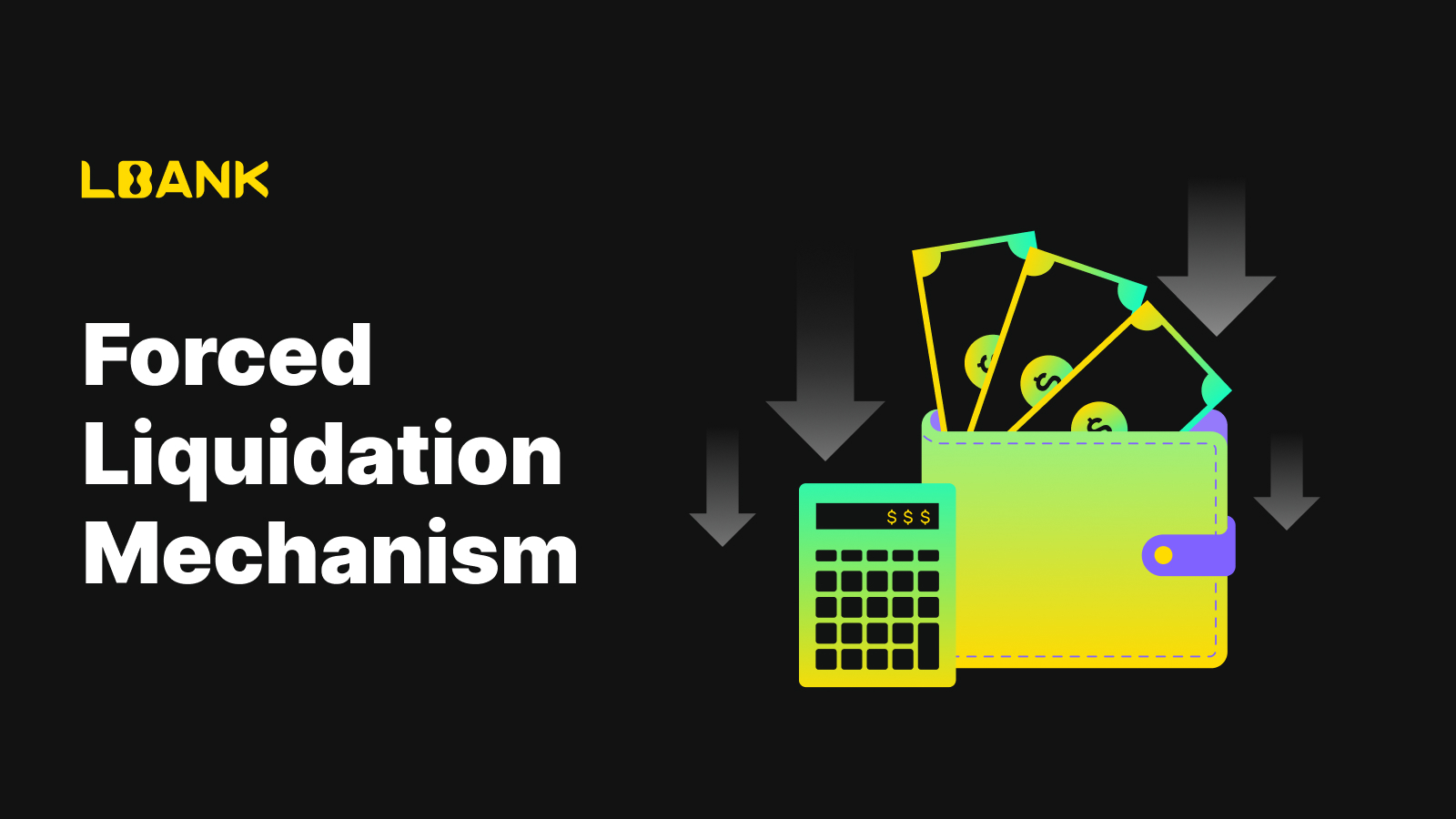What is Forced Liquidation?
Forced Liquidation is LBank’s risk management mechanism to prevent negative account balances. When futures price fluctuations cause unrealized PnL to reduce the margin balance below the required level, the system automatically closes positions to keep the account balance at or above zero.
When Does Forced Liquidation Occur?
Forced liquidation is typically triggered under the following conditions:
-
Insufficient Margin: When the account's Maintenance Margin Ratio (MMR) falls below the required minimum threshold, the system initiates forced liquidation.
-
Market Volatility: When the market experiences significant price surges or drops in a short period, the Maintenance Margin Ratio (MMR) of a futurest account may fall below the required threshold.
-
When MMR ≥ the system’s minimum required ratio: Position is safe.
-
When MMR < the system’s minimum required ratio: Forced liquidation is triggered.
-
-
Failure to Add Margin: If a Margin Call notification is received and additional funds are not deposited in time, the system will execute forced liquidation.
Maintenance Margin Ratio (MMR)
The MMR is a key indicator of account/position health, calculated as follows:
-
Account Equity: Total account assets minus unrealized PnL and borrowed funds.
-
Used Margin: The total margin required to open positions.
💡 LBank employs a tiered margin mechanism, where different leverage levels and position sizes correspond to different maintenance margin ratios. Larger positions require a higher MMR.
Mark Price
LBank uses the mark price (instead of the last traded price) to calculate MMR, preventing market manipulation and unnecessary liquidations. The mark price reflects a fair market price, typically derived from multiple price data sources.
Estimated Liquidation Price
The liquidation price is the reference price at which the system triggers forced liquidation, calculated as follows:
-
Long Position: Liquidation is triggered when the futures price ≤ Estimated Liquidation Price.
-
Short Position: Liquidation is triggered when the futures price ≥ Estimated Liquidation Price.
-
Formula:
Liquidation Price Calculation and Examples
1. Isolated Margin Liquidation Price
Formula:
-
Position Direction: Long = 1, Short = -1
-
Futures Size: Typically 1 for LBank futures
Example:
Calculation:
2. Cross Margin Liquidation Price
Formula:
-
Other Futures: Excludes the specified futures.
-
Net Position Quantity: |Long Quantity - Short Quantity|
-
Net Position Direction: > 0 is 1, < 0 is -1
Example:
Calculation:
System Operations During Forced Liquidation
-
Execution Steps:
-
All open orders are canceled.
-
Assets in the futures account cannot be transferred to other accounts.
-
Users cannot manually close positions; the system takes over automatically.
-
Stepwise Liquidation Mechanism:
-
To minimize market impact, LBank adopts a stepwise liquidation approach. The system gradually closes portions of the position until the MMR returns to a safe level.
-
If the MMR cannot be restored, the system will close the entire position.
How to Avoid Forced Liquidation?
To reduce the risk of forced liquidation, consider the following measures:
-
Choose Appropriate Leverage: Use lower leverage to slow the rate of MMR decline.
-
Monitor MMR: Regularly check your account’s Maintenance Margin Ratio to ensure it remains above the minimum requirement.
-
Set Stop-Loss/Take-Profit: Set stop-loss and take-profit levels for positions to limit potential losses.
-
Add Margin Promptly: Deposit additional funds or reduce positions immediately upon receiving a Margin Call.
-
Diversify Investments: Avoid concentrating funds in a single futures to mitigate market volatility risks.
Important Notes
-
Cross Margin Risks: In cross margin mode, all positions share the same margin pool, so liquidation in one position may trigger liquidations in other cross positions.
-
Isolated Margin Advantage: In isolated margin mode, liquidation only affects the margin of the specific position and does not impact other positions.
-
Liquidation Fees: Forced liquidation may incur additional fees. Refer to LBank’s official fee page for details.
Frequently Asked Questions
-
How much will I lose after liquidation?
Liquidation may result in partial or complete loss of margin, depending on market prices and position status. LBank prioritizes closing high-risk positions to protect the account. -
Can I manually close positions to avoid liquidation?
Yes! Upon receiving a Margin Call, you can proactively reduce positions or add margin to avoid forced liquidation. -
How can I check my MMR?
You can view your account’s MMR and related data on the LBank futures trading interface.
Contact Us
For any questions, please contact LBank customer support via:
-
Email: support@lbank.com
-
Help Center: https://www.lbank.com/support
